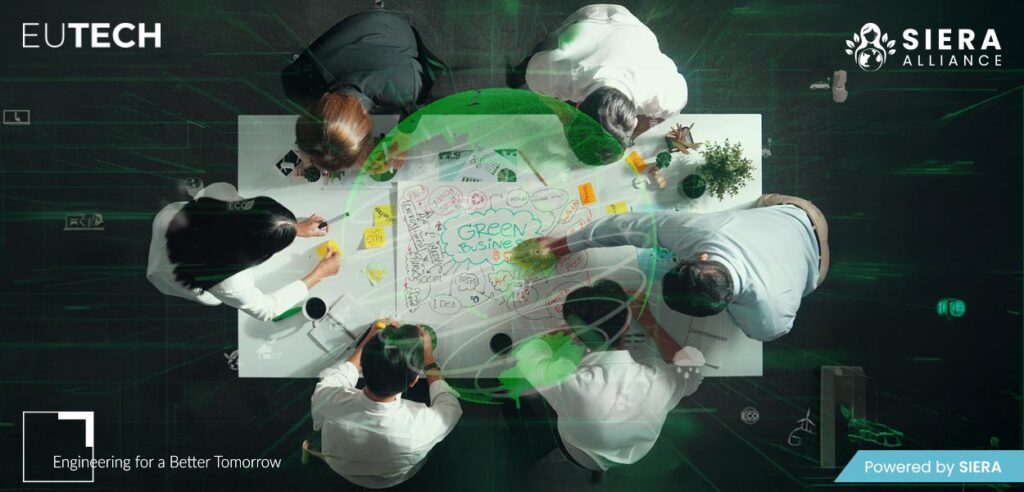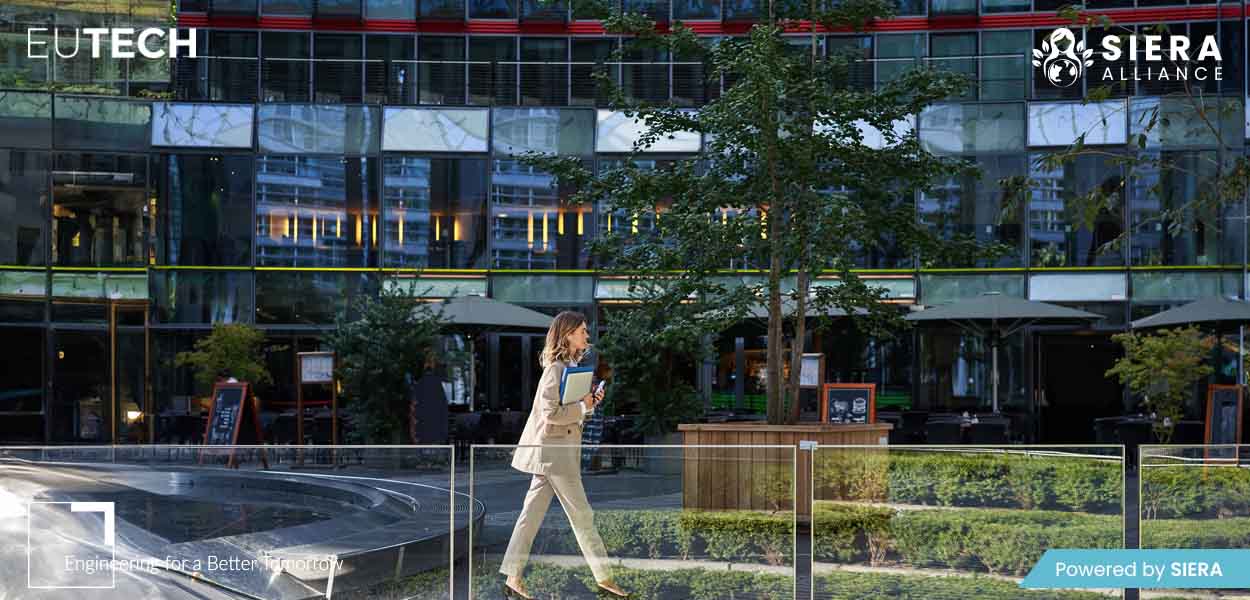Why Community Engagement Matters in Automotive and Mobility Projects
The automotive and mobility industry is a key driver of global innovation, but its large-scale operations often impact local communities. From land displacement to environmental concerns, communities are directly affected by these projects. Fostering positive relationships with communities is not just a corporate responsibility—it is essential for ensuring long-term sustainability and business resilience.
On 15th October 2024, the EUTECH – Automotive & Mobility Council powered by SIERA Alliance hosted a webinar titled “Fostering Positive Relationships with Communities in Automotive & Mobility Projects.” Moderated by SIERA Alliance, the session featured keynote speaker Tanya Roy and panelists Mauricio Berwanger and Dr. Maya Ben Dror. The discussion highlighted challenges, solutions, and opportunities for enhancing community relations.
Key Challenges in Building Community Relationships
The webinar addressed five critical challenges:
1. Health Concerns Near Factories
Communities near automotive factories experience high levels of pollution, leading to respiratory and other health issues. The World Health Organization (WHO) reports that such communities face a 25% higher risk of respiratory diseases.
2. Land Displacement and Loss of Livelihoods
Over 15 million people have been displaced globally due to large industrial projects in the past decade. Displacement often leads to housing insecurity and loss of agricultural income.
3. Lack of Supply Chain Ethics
Issues like child labor in cobalt mining and poor working conditions in parts manufacturing persist, highlighting the need for stronger ethical supply chain management.
4. Inadequate Community Involvement
Less than 30% of communities feel adequately consulted before large-scale automotive projects begin. This lack of engagement fosters distrust and resistance.
5. Cultural Insensitivity
Failure to respect local cultures and traditions during project planning often alienates communities, hindering collaboration and creating conflict.

Solutions and Strategies for Community Engagement
The panelists proposed actionable solutions to address these challenges:
1. Implementing Community Engagement Strategies
Adopt structured frameworks for informing, consulting, and collaborating with communities. Digital platforms can facilitate feedback and ensure inclusivity.
2. Building Community Partnerships
Establish partnerships with local NGOs and governments to develop community development projects that align with regional needs. This fosters trust and shared value creation.
3. Enhancing Supply Chain Transparency
Introduce tools like blockchain to track supplier practices, ensuring adherence to ethical sourcing and fair trade practices.
4. Providing Fair Compensation
Offer fair compensation for displaced communities and invest in local infrastructure improvements, such as healthcare and education facilities.
5. Promoting Cultural Awareness
Conduct cultural sensitivity training for employees to build stronger relationships with local communities and reduce potential conflicts.
Transformation Opportunities in Automotive Projects
Adopting community-centric policies provides significant benefits:
| Transformation Area | Benefits | Impact |
| Enhanced Brand Goodwill | Ethical community engagement boosts corporate reputation. | Increases customer loyalty and market share. |
| Improved Workforce Retention | Hiring from local communities fosters loyalty and reduces turnover. | Strengthens value chains and operational efficiency. |
| Compliance with Regulations | Aligns with CSRD and ESG standards, avoiding legal penalties. | Builds stakeholder confidence and ensures long-term sustainability. |
| Reduced Community Resistance | Addressing grievances reduces protests and operational delays. | Ensures smoother business operations and project execution. |
| Innovative Collaboration | Partnerships with stakeholders promote innovation and resilience. | Drives sustainable mobility and economic development. |

Best Practices for Strengthening Community Relations
- Engage Communities Early: Start discussions with communities at the project’s inception to build trust and address concerns proactively.
- Adopt Transparent Communication: Provide regular updates and involve communities in decision-making processes to foster mutual understanding.
- Develop Community-Driven Initiatives: Invest in community service projects, such as renewable energy installations or education programs, to create shared value.
- Leverage Digital Tools: Use tools like GIS mapping and feedback apps to gather real-time insights and optimize community engagement strategies.
Upcoming Events and Opportunities
Stay updated on future events hosted by the EUTECH Automotive & Mobility Council powered by SIERA Alliance. For insights into community engagement and sustainable practices, explore the SIERA Alliance Event Calendar. Join us in building resilient and inclusive communities.
Conclusion: Building Bridges Between Businesses and Communities
Fostering positive relationships with communities is vital for the success of sustainable mobility projects. By adopting inclusive practices, enhancing community relations, and prioritizing ethical business practices, automotive companies can drive transformative change while aligning with global sustainability goals. Collaborating with organizations like SIERA Alliance and EUTECH enables companies to implement responsible and impactful solutions that benefit both communities and the industry.
To learn more about how SIERA Alliance can support your journey toward sustainable automotive projects, visit our website. Join us in building a responsible future for mobility.









